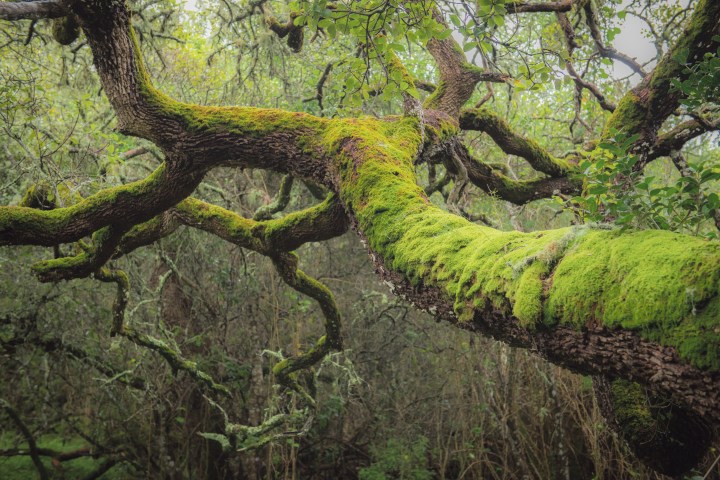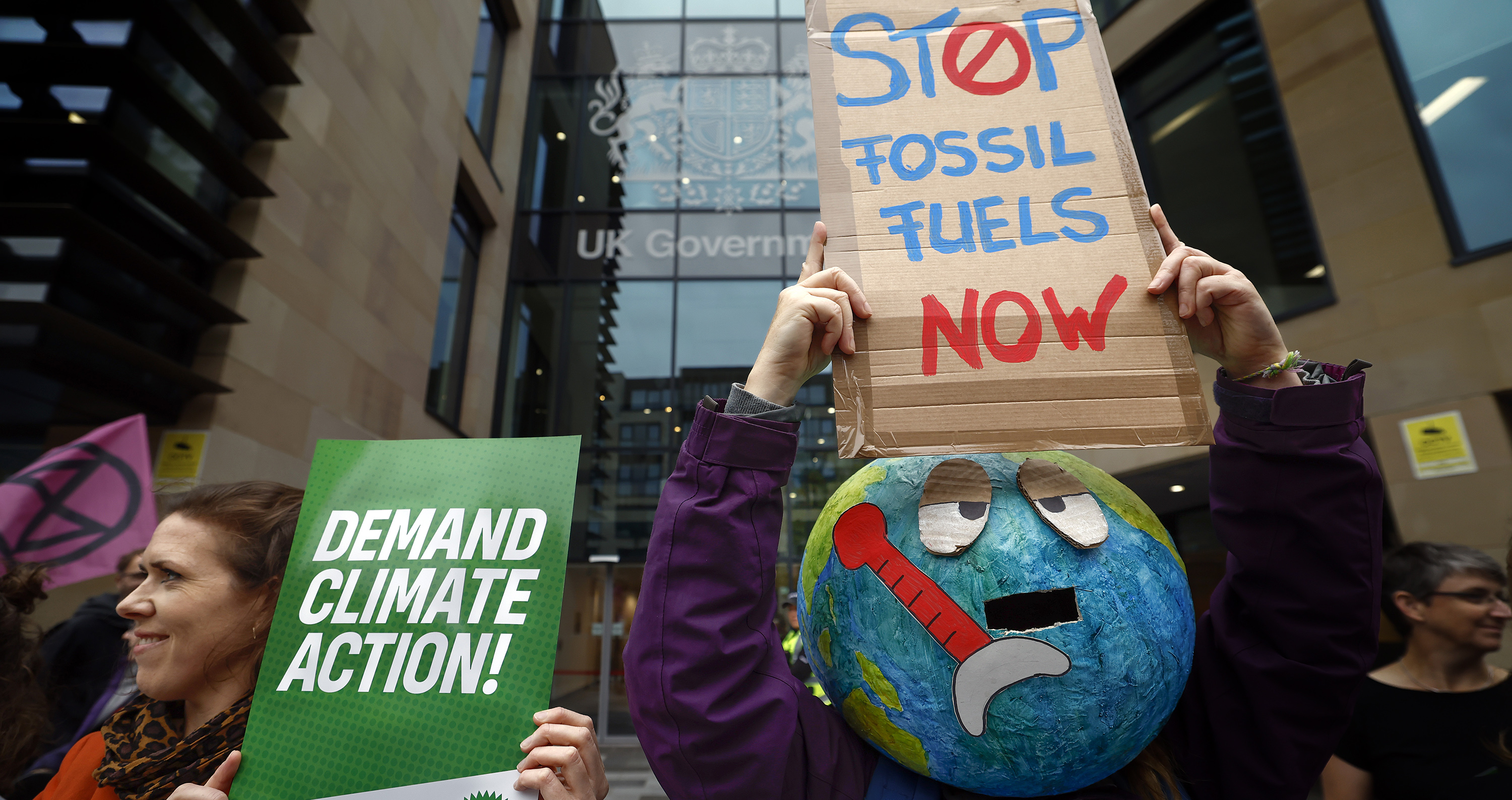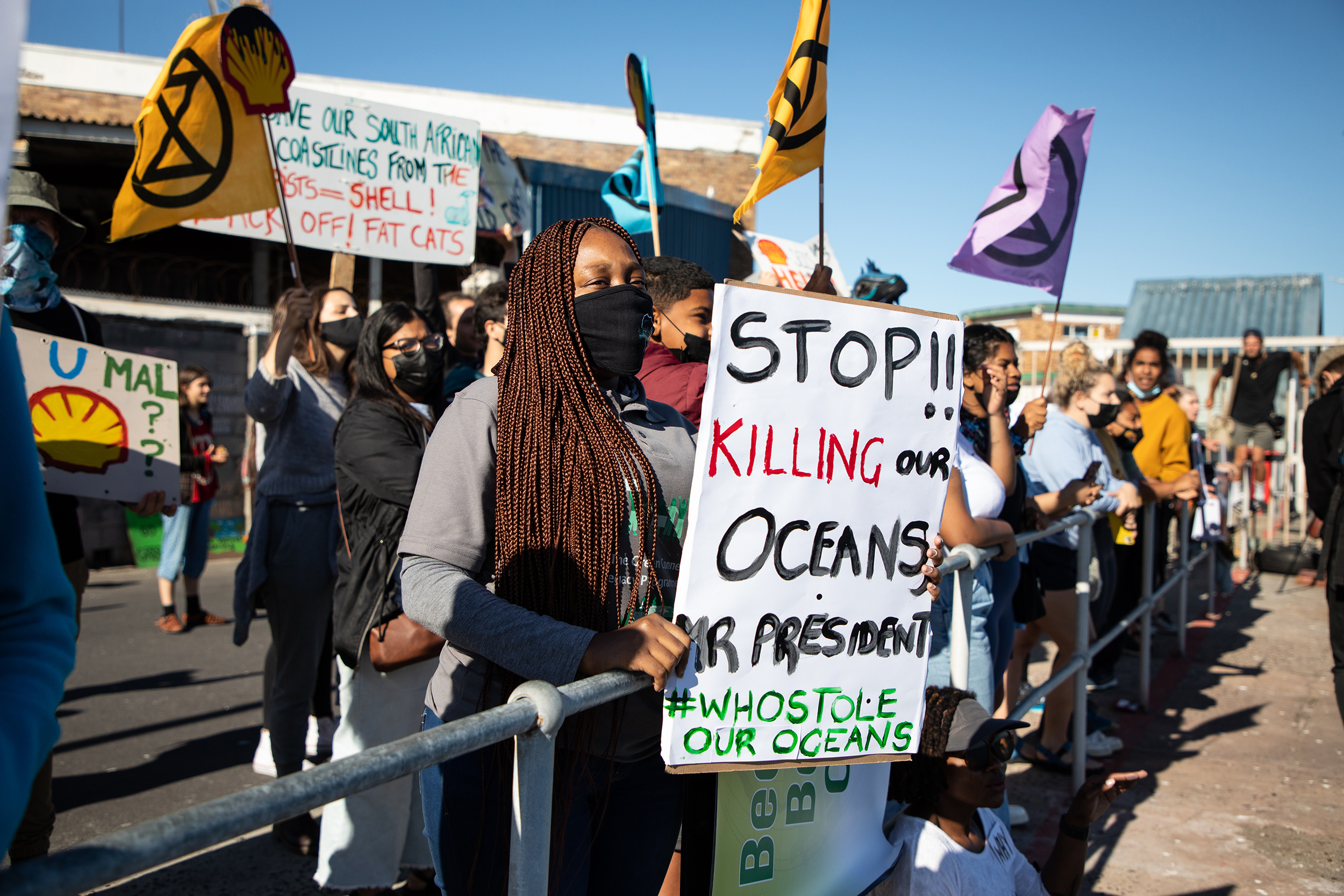REFORESTATION OP-ED
We need nature for climate action – and climate action for the future of nature

We can’t address the climate crisis without nature, and you can’t address the nature crisis without cutting emissions. Despite there now being a growing recognition of the critical importance of nature, it often remains in the backwaters of global climate discussions.
There is an old African proverb that says “two men in a burning house must not stop to argue”.
We are currently all sitting in a burning house and rather than taking vital action to put out the flames, we are all too often losing time. At critical global meetings, we constantly debate how to best address the twin crises we currently face – climate change and nature loss – rather than act.
By doing this we are missing the point and running down the clock. World leaders must further prioritise nature as a climate solution, while also incentivising the rapid decarbonisation measures that are absolutely critical.
There will never be a perfect way to move forward, so instead we must be brave and act in ways that prioritise the wellbeing of people and the planet for the long term.
In December 2022 the historic adoption of the Kunming-Montreal Global Biodiversity Framework brought a renewed sense of optimism. The flagship “30×30” target was perhaps one of the most encouraging, with 196 parties agreeing to effectively conserve and manage at least 30% of the world’s land and sea by 2030 – a goal which, if achieved, would have significant implications for climate action as well as nature conservation.
We can’t address the climate crisis without nature, and you can’t address the nature crisis without cutting emissions. Despite there now being a growing recognition of the critical importance of nature, it often remains in the backwaters of global climate discussions.

Protesters demonstrate on September 27, 2023 in Edinburgh, Scotland against the UK government’s decision to grant consent for the controversial Rosebank offshore development off Shetland. (Photo by Jeff J Mitchell / Getty Images)
Governments have not properly embraced and prioritised 30×30 as a key target for climate, as well as nature. So, as we now build up to COP28, nature must be higher on the agenda than ever before. We have the science to support and accelerate our call for combined climate and nature commitments, plans and actions.
But we must harness this moment while we have it, and we must increase funding for nature in addition to following through on climate funding commitments.
Natural, biodiverse forests
The scientific world can provide us with some of the fundamental information that is needed to progress. All ecosystems are equally essential. Forests represent 80-90% of the global plant biomass, as such neither climate goals nor biodiversity goals can be met without prioritising their protection and restoration.
It is estimated that 15 billion trees are cut down each year and that the global number of trees has fallen by about 46% since the start of human civilisation. This is catastrophic for several reasons; forests are home to more than half of the world’s land-based species of animals, plants and insects; forests provide vital resources for indigenous peoples and local communities; and, crucially, forests have the potential to capture 226Gt of carbon.
Four years ago, a study published in the journal Science found that the restoration of forests could draw down approximately 30% of excess anthropogenic carbon emitted to date.
The study elevated a debate about the role of nature in fighting climate change but also raised concerns around the dangers of mass tree plantations, carbon offsetting schemes and greenwashing – which have undoubtedly become an issue.
To address this controversy, more than 230 scientists around the world have come together to build an Integrated Global Assessment of Forests. This study shows that diverse forests could capture about 226Gt of carbon in regions with low human footprints if they were allowed to recover and thrive.
The paper also states that biodiversity accounts for 50% of forest productivity, meaning this potential will never be achieved by monoculture plantations and that we cannot mono-plant our way to a greener planet. Instead, we must allow natural, biodiverse forests to recover in ways that support biodiversity for the wellbeing of local communities, in the long term.
The Integrated Global Assessment of Forests outlines that 61% of this potential carbon storage can be achieved by protecting the natural forests that remain, while 39% can be achieved by reconnecting and restoring fragmented forests.
Companies and governments should therefore not be looking to offset their damage by mass planting. They should be looking at their footprint and how it can be changed for the better. Ending deforestation within company supply chains would be the most direct contribution to global ecological restoration.

Activists protest against Shell’s offshore exploration plan off the Wild Coast on Sunday, 21 November 2021. (Photo: Victoria O’Regan)
Couple that with channelling excess wealth towards the millions of local communities, indigenous peoples, farmers and foresters who promote biodiversity across the globe, companies can make a positive difference by making biodiversity the viable choice for local people who have proven, time and time again, to be the most effective stewards of biodiversity and nature.
Lessons From Ethiopia’s sacred forests
As demonstrated by science, biodiverse forests present a significant opportunity to achieve a third of our carbon drawdown goals and provide local prosperity.
Unfortunately, over the past century, 90% of Ethiopia’s natural forests have been lost – a tragedy of epic proportions, but one that we can reverse. Not by monoculture plantations with the sole aim of sinking carbon, but by supporting community-led projects that prioritise biodiversity and human wellbeing.
For example, in southwest Ethiopia, this coffee farm grows the indigenous coffee plant in the rainforest, working to promote biodiversity and the economic prosperity and wellbeing of local and indigenous peoples.
In northern Ethiopia’s Amhara region, forests are those that surround traditional Ethiopian Orthodox Tewahedo Church buildings and are cared for and protected by the local community with the utmost dedication. These forests have survived the deforestation in surrounding areas because they are beloved, and their value to the local community is recognised as sacred.
We do not need to start from scratch.
There is an enormous groundswell of momentum and an abundance of local knowledge and action. We just need financial and political mechanisms to funnel the wealth of our planet towards local communities, indigenous populations and farmers around the world to accelerate the change that is already happening.
Together, we can put out the fire. DM
HE Hailemariam Desalegn is the former prime minister of Ethiopia and the former chairperson of the African Union. Prof Thomas Crowther is professor of global ecosystem ecology at ETH Zürich, Switzerland.





















 Become an Insider
Become an Insider
Comments - Please login in order to comment.